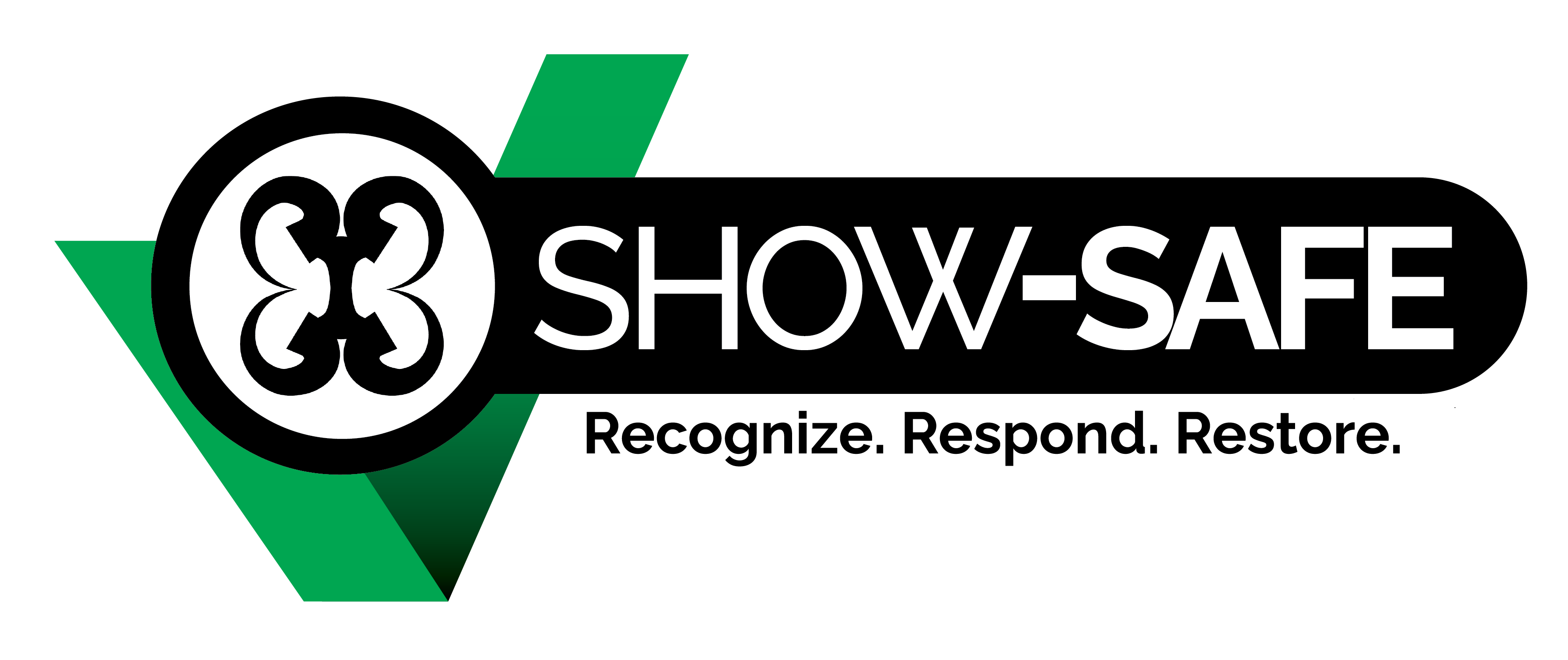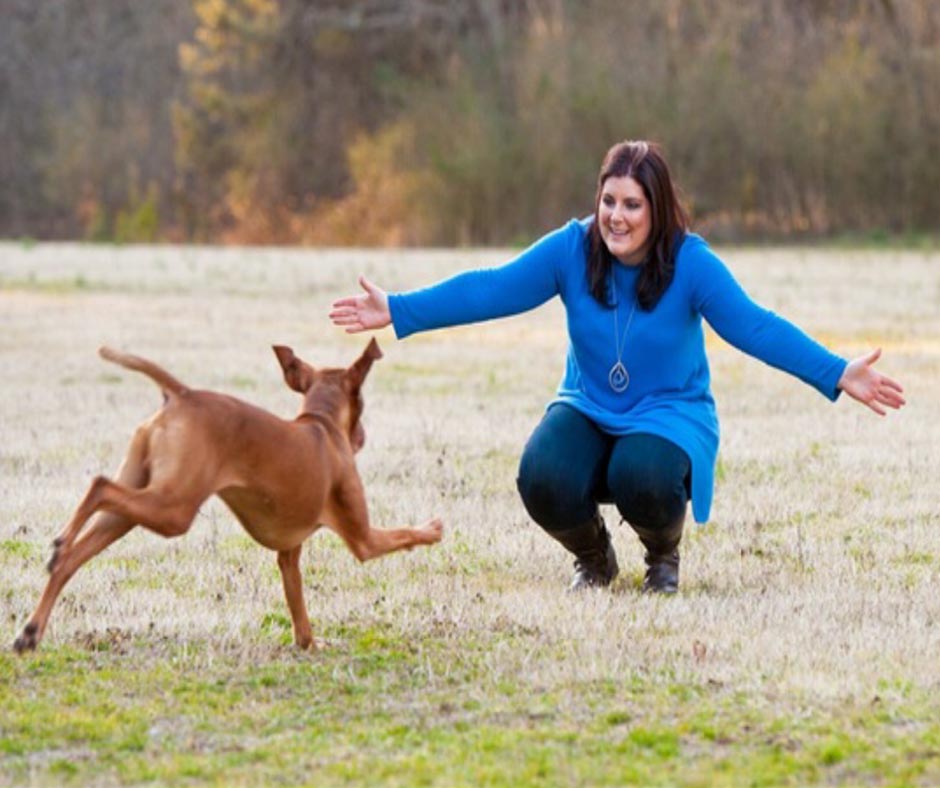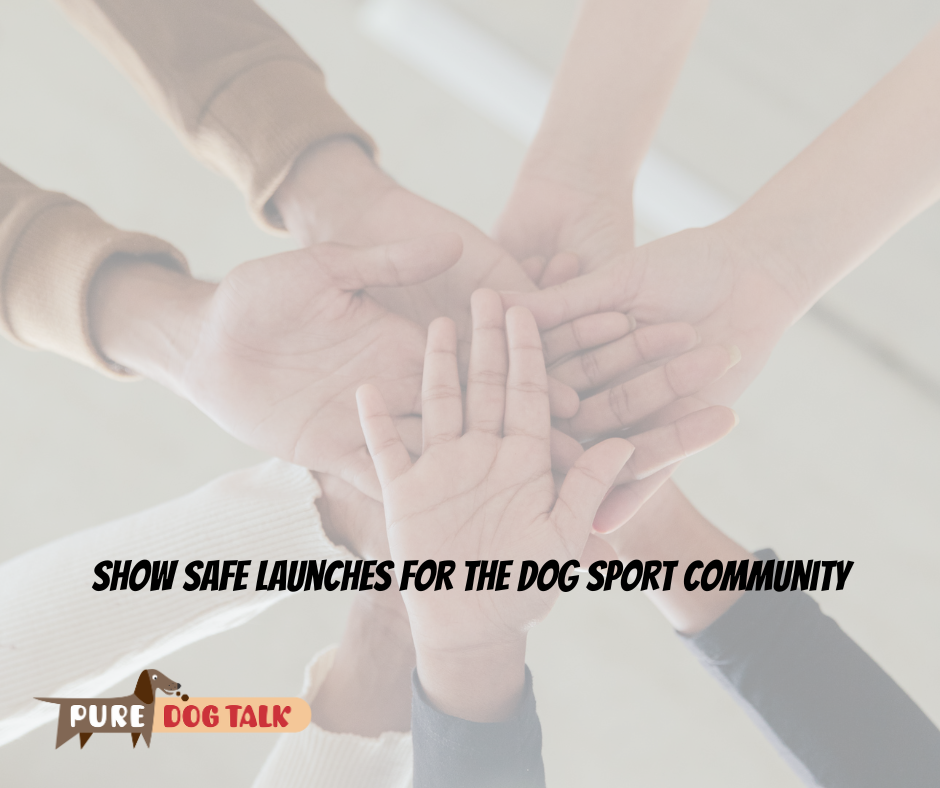663 – Show Safe Team Wants to Make a Difference
Show Safe Team Wants to Make a Difference
Board members of the Show Safe organization join host Laura Reeves to discuss the grassroots development of an organization that supports a safe dog event environment.
 “I think there were several of us that felt, you know, we’re just frustrated because you wanna do something, you know, everyone wants to do something to make a difference,” said Show Safe Secretary Lindsay Fetters. “I think it was very easy to throw blame and throw the responsibility on other parties. And you know, something needs to happen, but it’s somebody else’s problem.
“I think there were several of us that felt, you know, we’re just frustrated because you wanna do something, you know, everyone wants to do something to make a difference,” said Show Safe Secretary Lindsay Fetters. “I think it was very easy to throw blame and throw the responsibility on other parties. And you know, something needs to happen, but it’s somebody else’s problem.
“I think we all can agree that we really wanted to focus on education. We wanted to promote recognizing issues. We wanted to be able to respond to issues. We wanted to be able to restore things once we knew there was an issue.
“We all put our egos aside. And, you know, we come from such a variety of backgrounds. You know, you have all ages, you have all interests, you have all levels of involvement in our sport, and so we were able to really look at what strengths does everyone bring to the table and kind of align that with what we need to get done and kind of run with it. And that’s exactly what we’ve done.”
“It’s about boots on the ground,” said Show Safe Executive Director Diane Moore. “It’s about raising the money and the awareness and the energy to actually accomplish something. Like Lindsey said, everybody wants to do something. They want to make the world a better place. But to take that into tangible steps, this board has done a phenomenal job. So we essentially have 4 initiatives and those four initiatives, the first one is education.
“It’s also going to be outreach and workshops. It’s going to be education for clubs, for juniors, for people who report on the sport or on abuse and neglect, just all of those things where we can educate and just say, hey, look, these are these dynamics and this is how you recognize it. You know, our tagline is recognized, respond and restore.”
The team also has created a toll-free number (1-888-474-9723) to call for immediate response staffed with someone who is trained to listen and trained to “say what’s going on, what’s your concern and to assess what you need to create safety.”
“Our aftercare program is really about, OK, so something has happened, something has happened to you and you are part of the dog show community and you need some support,” Moore added. “So it’s not right now, it’s not immediate response. It’s not like you’re unsafe right now. It’s historical mostly but it’s impactful, it’s impacting you, it’s still with you and so we’re going to be there to say ‘OK, what resources do you need?’ How do we help navigate this resource world and ultimately be able to assist you in paying for … mental health resources and survival resources and how do we bring that to you in a way that is you are in control.”
“I’m second generation, so I grew up in this sport,” said Show Safe Director Jason Hoke. “Many of us have grown up with our parents and even our grandparents taking us to the dog show, leaving us in x-pens alone. We grew up feeling like everybody in this sport is our family and that everything is safe and in the majority of it, it really is. But what we want to do is be able to teach people things that can protect and educate other parents, other youth other elders to recognize where shortcomings are in dog shows in show locations, in areas within the show.”
628 – Show Safe Launches for the Dog Sport Community
Show Safe Launches for the Dog Sport Community
Host Laura Reeves is joined by Mary Dukes, Lindsay Fetters and Carissa Shimpeno to discuss their new grassroots launch of Show Safe. The organization encourages all exhibitors to take the Safe Sport program and offers a lapel pin to those who complete it.
“I knew about Safe Sport through my daughter, who’s a professional horse trainer,” Dukes said. “And safe sport is a congressionally mandated program for all Olympic sports that came in after the multitude of abuses in gymnastics, swimming, diving, I could go on. So anyway, I was familiar with it because my daughter shows horses and since equestrian events are an Olympic sport, she has to take safe sport and a re -up every year. I got it in for the registered handlers program and then I always had wanted to expand it. I advocated to expand it to at the very least junior judges, but while I was an employed by the AKC I was never able to get that done.
“Everybody has a story. Everybody has a story to varying degrees. I feel like mine is relatively minor in the big scheme of things, but everybody has a story of being inappropriately touched, inappropriately propositioned, all that.”
“Historically when something happens people react and everybody wants to do something,” Fetters said. “But I feel like a lot of people put it off on somebody else. ‘The government needs to do this, the AKC needs to do this’… It’s like we’re upset about something, but we’re saying it needs to be somebody else’s mission.
“I sort of was reflecting on what can we do, what can I do, what can you do, what can we do as a fancy because I think if anybody can be united over something it’s united over protecting our children.
“I don’t know a single person who would disagree with the mission of let’s do better for our next generation but it’s hard to invoke change. It’s hard to start a movement, it’s hard to unite people as just one solo person, especially in our sport.
“My idea was basically, let’s do a grassroots movement. Let’s control what we can control. And let’s let people know that this training and this option is out there. And instead of mandating or instead of controlling somebody or demanding somebody do it, because I think that that immediately puts somebody on edge, like let’s say, ‘okay, look, this options out here, let’s pursue it. And if you do, we want to let other people know we want to let juniors know. We want to let other people in our sport know that we’ve had this training and we’re here to be a listening ear and we’re here to provide support.”
“I guess I would have to say my biggest learning experience in what works and what doesn’t work started last year,” said Shimpeno. “When we had a handler who had been to prison for raping his minor assistant and he was returning to the world of dogs. In my mind I thought well what a beautiful way to show the young people of our sport that we actually have their back. Why don’t we try and make some kind of policy within AKC that says, you know, if you’ve been convicted of X, Y and Z, that we can’t stop you from coming to the dog shows, we can’t stop you from existing and we can’t make you a better person. But we can send a message to our little people and men and women around the sport in general just saying this is not what we’re about. We’re going to take a stand and we’re going to draw a line in the sand.
“A year ago, Mary actually said, you know, why don’t we stop asking AKC to do this? And we do something ourselves. And my response in that moment was like, ‘because that’s not right.’ We have to be the better people, like we have to make them do what’s right. That mindset got me exactly nowhere at all.
“We have this large portion of people out there that are just stuck in the injustice of it. And I want them to understand that we get that and we don’t want to minimize the pain, the trauma or anything they’ve been through. But our group of people has learned through experience that we need everybody to receive this message.
“And in order for that to happen, we have to be way more organized. and focused. We are not a vigilante team. This has nothing to do with the perpetrators themselves. It’s not even about necessarily protecting. It’s about empowering, right, like knowledge through education.”


